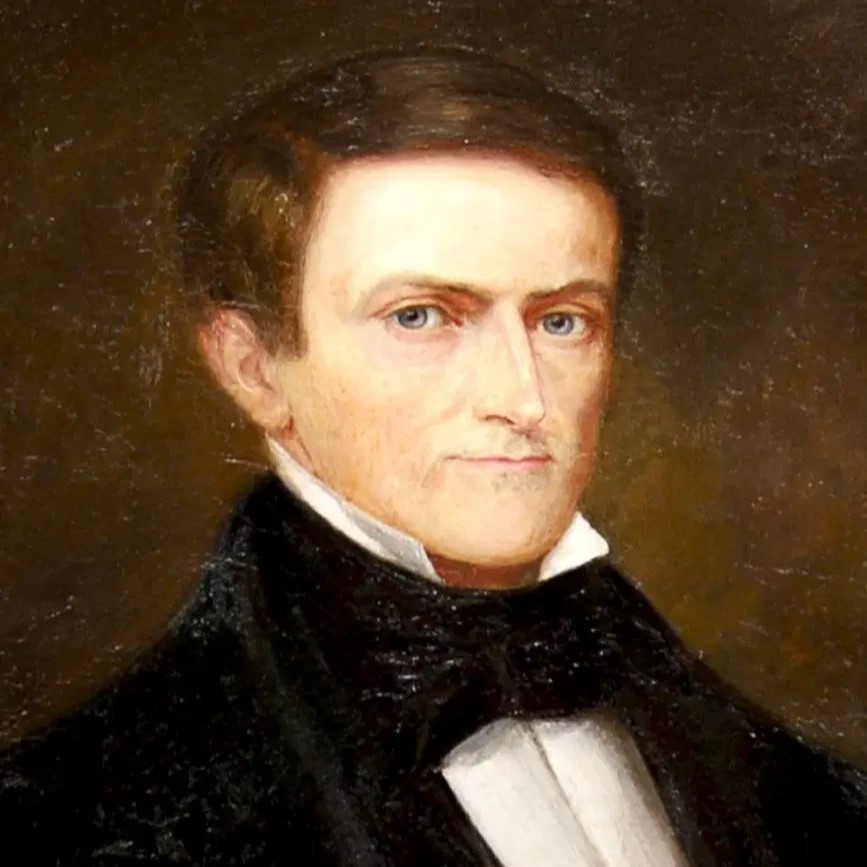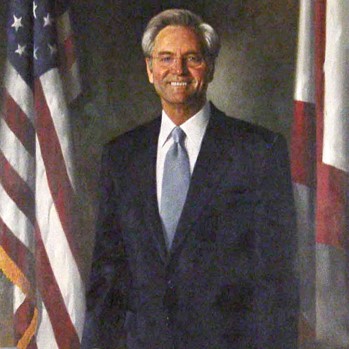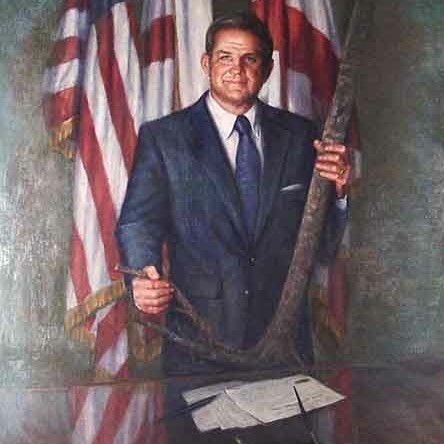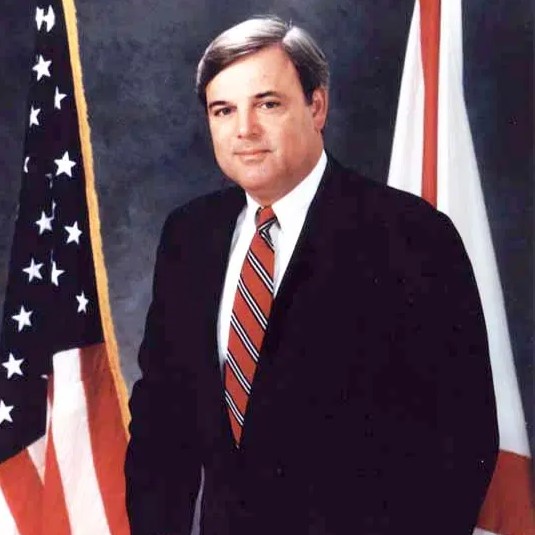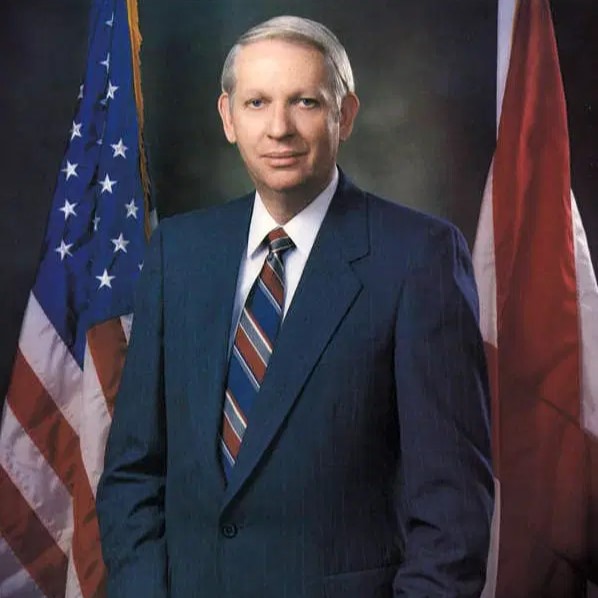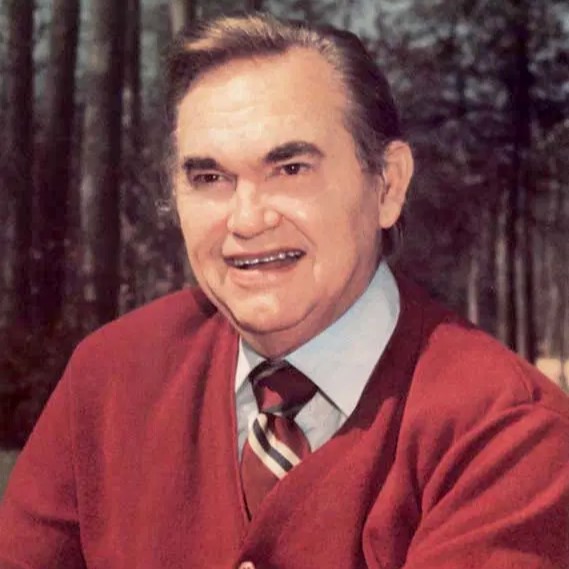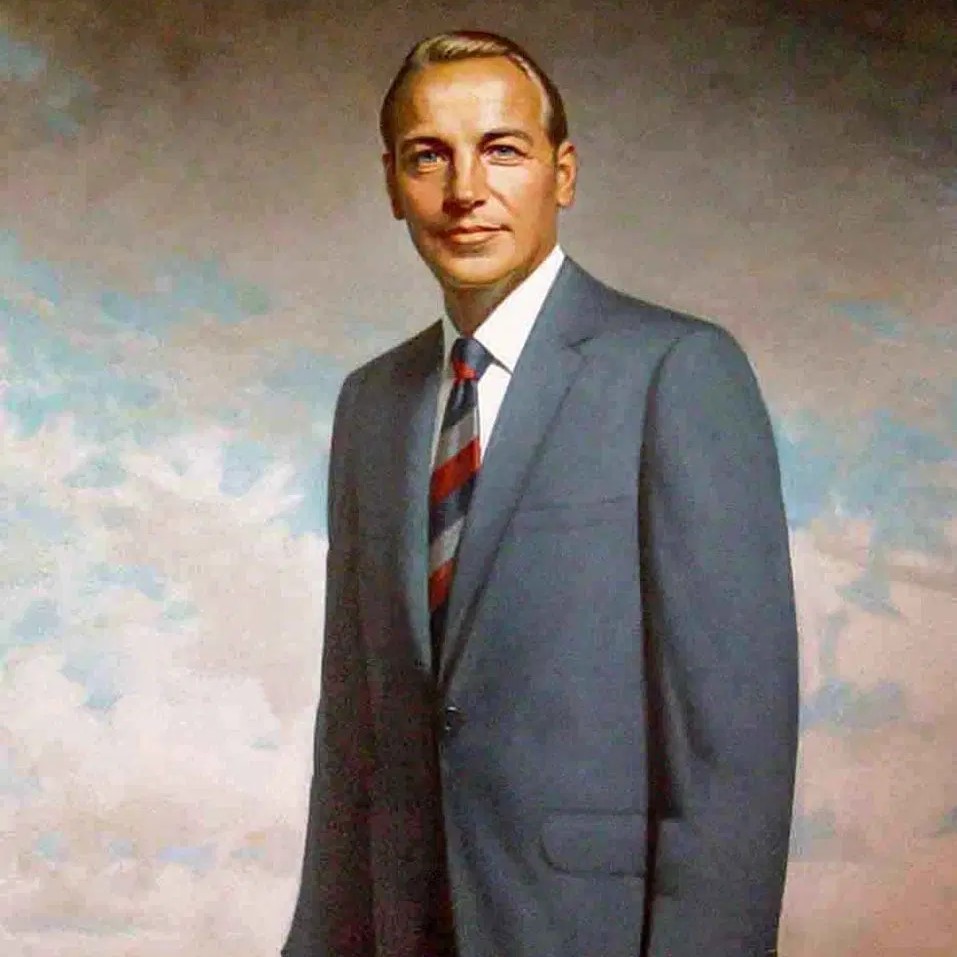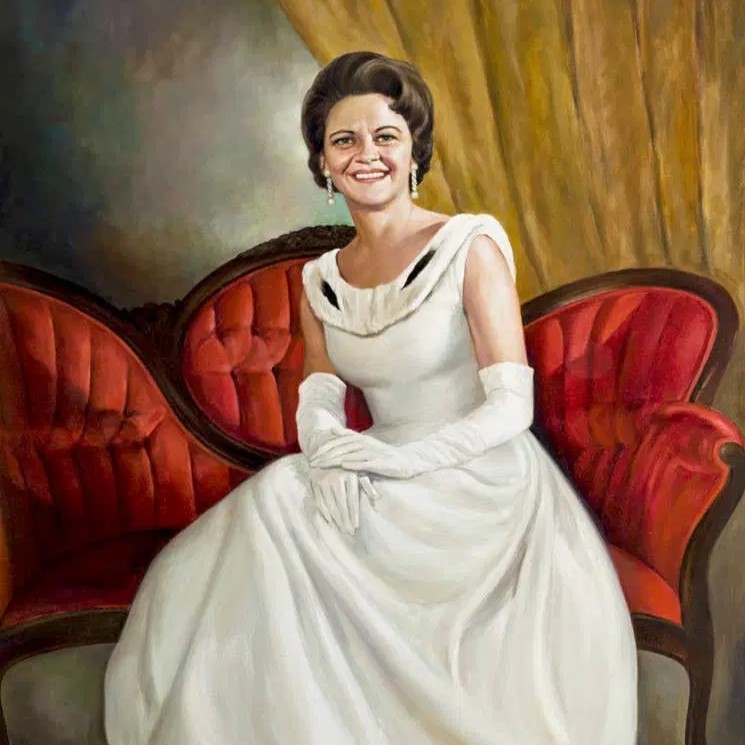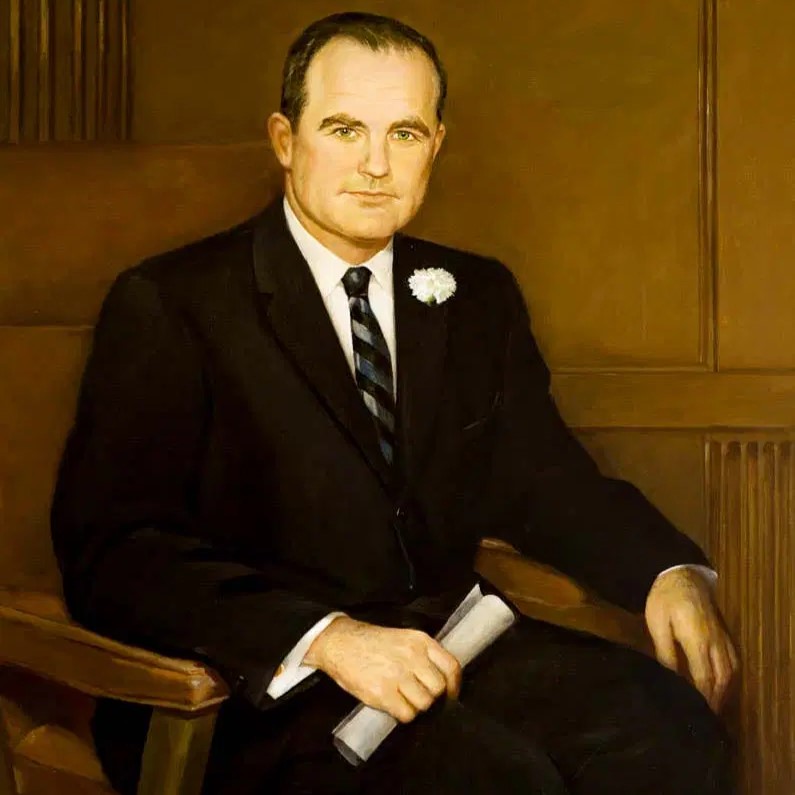Alabama
Gov. John Anthony Winston
- December 20, 1853 - December 1, 1857
- Democratic
- September 4, 1812
- December 21, 1871
- Alabama
- LaGrange College (now University of North Alabama), Cumberland College (now University of Nashville)
- Married twice--Mary Agnes Walker, Mary W. Longwood; one child
- Army
About
JOHN ANTHONY WINSTON was born in Madison County, Alabama Territory, on September 4, 1812. He was educated at LaGrange College (now the University of North Alabama) and at Cumberland College (now the University of Nashville) in Tennessee. Winston was a colonel in the Eighth Infantry of the Confederate States Army, but resigned due to illness. In 1834 he became a planter and cotton commissioner in Sumter County, Alabama. He established the John A. Winston Cotton Commission House in 1844, an enterprise he continued throughout his life. Winston entered politics in 1840, serving in the Alabama House of Representatives. He was reelected in 1842, and he was elected to the Alabama Senate in 1843. He remained in the senate until 1853, serving as president from 1845 to 1849. Winston also represented Alabama at the 1848 Democratic Convention in Baltimore and in the 1850 convention in Nashville. Winston became Alabama’s 15th governor on August 1, 1853, and he was sworn into office on December 20, 1853. During his term, he encouraged public education, and he signed a bill in 1854 creating Alabama’s public school system. Also during his tenure, the Louisville and Nashville Railroad was charted, the Alabama Educational Association was organized, and the Republican Party was organized. The U.S. Congress also passed the Kansas-Nebraska Act, which repealed the limitations on the expansion of slavery. Winston was reelected to a second term on August 6, 1855. Winston remained active in politics, serving as a delegate to the 1860 Democratic Convention held in South Carolina, and he was on the ticket as a presidential elector for Stephen A. Douglas that year. He also was an Alabama commissioner to Louisiana in 1861 and a member of the 1865 Alabama Constitutional Convention. Winston was elected to U.S. Senate in 1867, but was disenfranchised when he refused to take the oath of allegiance. He died on December 12, 1871, and he is buried in the family cemetery in Livingston, Alabama.
Source
Alabama Department of Archives and History
Sobel, Robert, and John Raimo, eds. Biographical Directory of the Governors of the United States, 1789-1978, Vol. 1, Westport, Conn.; Meckler Books, 1978. 4 vols.

